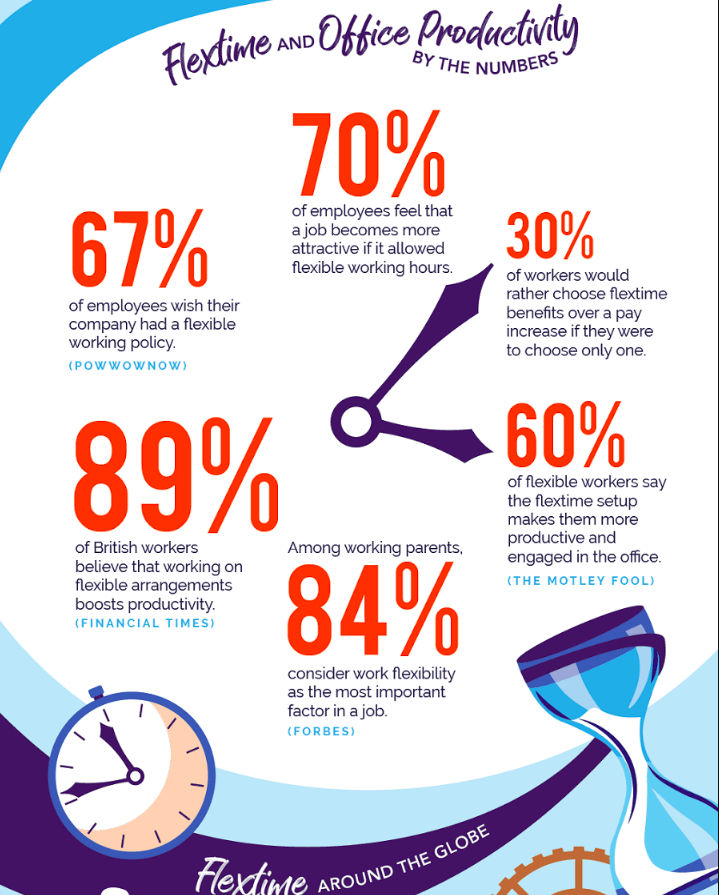India should reconsider its position on Internet ban if the computerized installments push is to proceed. In the course of the most recent couple of years, suspending web benefits halfway or generally has risen as a favored strategy of the legislature to counter potential security dangers. However, one takes a gander at the current advanced installments patterns and obviously, the shutdown approach will now be as valuable as the old Rs 500 and Rs 1000 notes.
In August this year, an Internet shutdown in Gujarat taking after the Patidar unsettling brought about lost Rs 1,500 crore in one day, as indicated by the Maha Gujarat Bank Employees Association. In September 2016 on the eve of Eid-ul-Zuha, Kashmir saw a 72-hour suspension of web administrations and versatile web (notwithstanding BSNL) as a “prudent step” to contain a security risk. In Haryana, Sonipat had the web and versatile administrations suspended in front of the June 2016 dissents by the Jat people group.
Inside a week of the demonetization declaration of 8 November 2016, Indian computerized wallet organizations like PayTM, Freecharge, and MobiKwik guaranteed an expansion of up to 200% in portable downloads. What’s more, now, Prime Minister Narendra Modi himself is supporting a take-up of advanced installments and pushing the Unified Payments Interface cause.
To a limited extent because of this push, and in substantial part because of the absence of alternatives, appropriation of computerized installments has gone up by almost 300% in one month alone.
By March 2017, these figures are certain to swing higher up with the continuous money crunch. On the off chance that an internet shutdown was to happen now, the monetary misfortunes would be enormous. In going for a computerized installment push with a dependence on web shutdowns for peace, the Modi government has planted both its feet in two water crafts headed in various bearings. Neither of them appears to be worked to drift.
Over the span of actualizing the demonetization extent, we have seen the administration blunder through a few clear tangles that anybody with an arrangement would have anticipated. The absence of coursing money, ATM machines that were not adjusted for the new cash bills, and representing those not secured by the formal saving money framework were only some of these.
Presently as a tidy up is cobbled together, at last, one can dare to dream strategy producers represent the results before the legislature favors another suspension of web administrations.
Table of Contents












